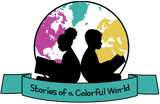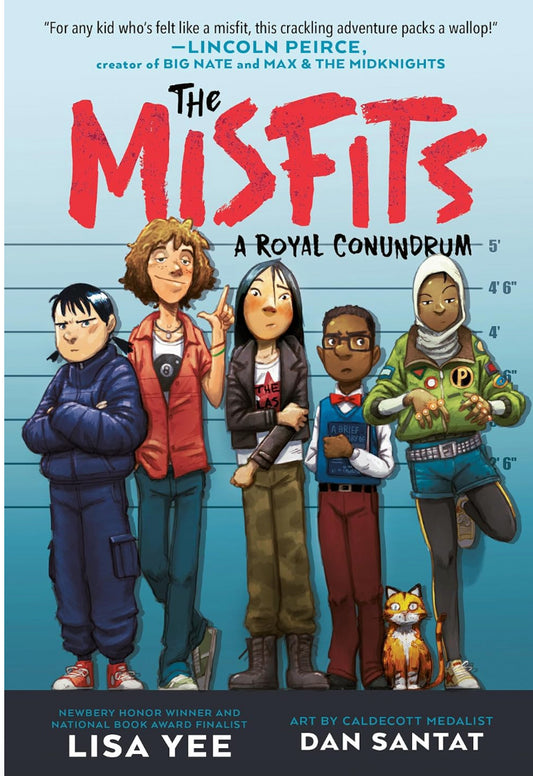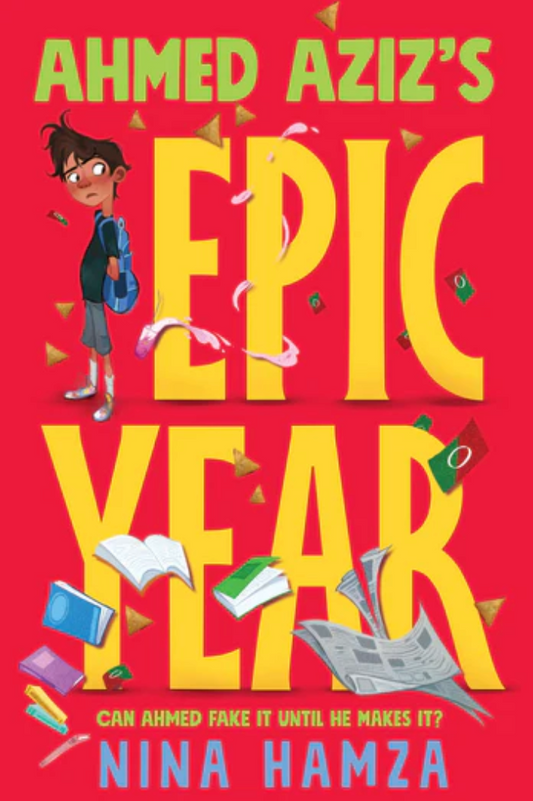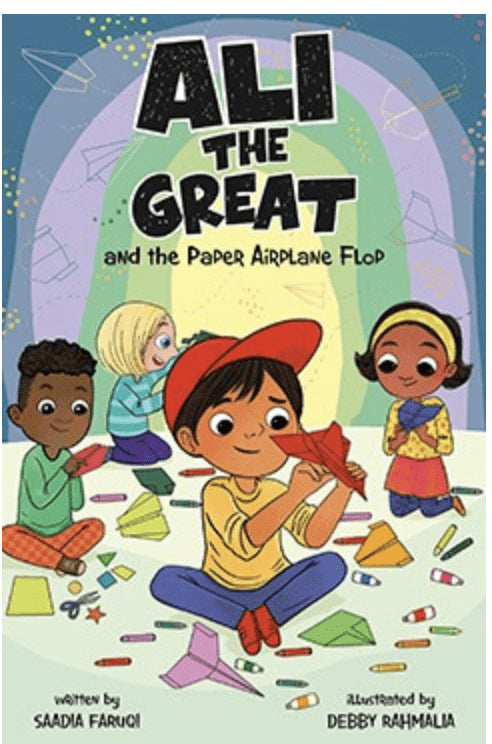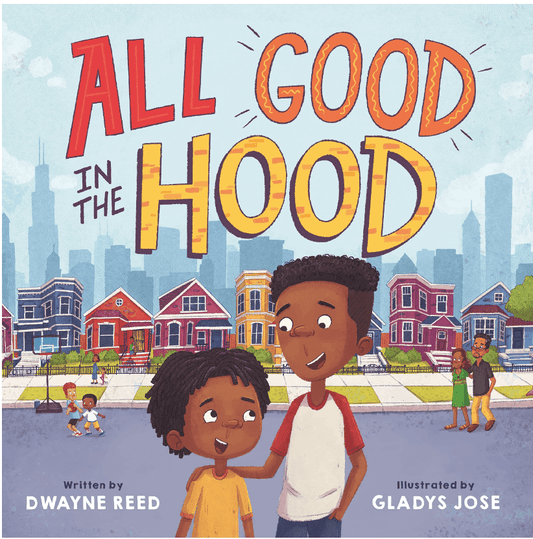Book bans don’t just silence stories; they silence voices, identities, and dreams. At Stories of a Colorful World, we believe every child deserves to see themselves in their books and know their experiences matter. So why do books centering Black, Indigenous, and other marginalized children end up on banned lists more often? It’s not about the quality of the story, but whose story is considered “acceptable."
The Hard Truth: It’s About Whose Stories Get Told
Each year, hundreds of children’s books are targeted for bans or restrictions. The pattern is clear: stories with protagonists of color, LGBTQ+ representation, or themes exploring equity and justice are the ones most frequently challenged. According to the American Library Association, over 60% of banned books spotlight marginalized communities. Too often, these book bans are an attempt to erase realities that don’t fit certain narratives.
Why It Matters
When a book is banned for centering a Black child’s joy, a family’s immigrant experience, or a young person’s self-discovery, it isn’t just a loss of literature; it’s a denial of a child’s right to feel seen, understood, and valued. And it’s not just about “mirrors.” Banning these stories means kids from all backgrounds lose out on “windows” opportunities to build empathy, curiosity, and understanding about worlds beyond their own. It’s like saying only some kids’ stories are worth telling.
How Families Can Resist Book Bans
- Seek Out & Share Banned Books: Fill your home libraries with stories that both reflect your child and introduce them to others’ experiences. Let them see themselves as the hero and the friend, the scientist, the dreamer, the change-maker.
- Speak Up: If a book your child loves is challenged in your district, let your school board, teachers, and fellow parents know exactly why that book matters to you and your community. Organize or support local “read-ins.”
- Shop & Support Creators Who Take Risks: Independent bookstores, diverse publishers, and authors of color need your purchases and your platform. Where you spend matters!
- Start Conversations: Use banned books as a starting point for family discussions. Ask: “Why do you think someone wanted to ban this story?” and “How does this book help us understand ourselves or others better?”
Our Promise at Stories of a Colorful World
We're committed to making sure no child’s story gets erased, not by censorship, and not by indifference. Every book we curate is chosen with intention: to reflect truth, nurture identity, and open up ‘windows’ to empathy and community.
This Banned Book Week and all year long, let’s stand together for the stories our children need.
